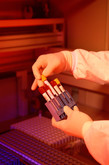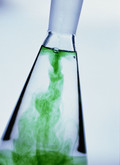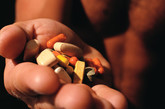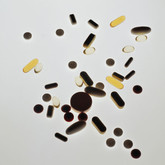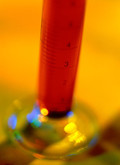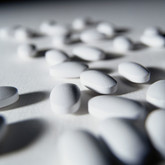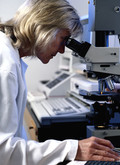Generics/General
EU-India free trade agreement and impact on generics
Opposition is mounting against the imminent EU-India free trade agreement (FTA) from both AIDS activists and industry. Protestors claim that the agreement will harm access to affordable medicines.
Japan’s generics sector set to grow
Japan is currently the world’s second largest pharmaceutical market, with annual sales of approximately Yen 8,850 billion. Around 8% of its prescription drug sales (20% in sales volume) are generics.
The biggest US patent expiries of 2010
While the much talked-about patent cliff will not hit until 2011, 2010 has been witness to patent expirations of some of the industry’s blockbuster drugs.
Birth pangs of the Medicines Patent Pool
The Medicines Patent Pool (MPP) is an initiative designed to streamline patent licensing for generic versions of patented HIV treatments, in order to obtain lower prices for medicines in countries where people are unable to afford the drugs.
Who are the GPhA and what do they do?
The Generic Pharmaceutical Association (GPhA) is a group that represents the interests of generic drug manufacturers in the US. To achieve this they pursue an active lobbying policy. They are currently in talks with the FDA to improve the process by which it approves generic medicines. Generic pharmaceuticals account for 75% of the prescriptions dispensed in the US but consume just 22% of the total drug spending.
What is the incremental cost-effectiveness ratio (ICER)?
The incremental cost-effectiveness ratio (ICER) often comes up when talking about drug comparisons, but what is it and how does it relate to medicines?
Slow response to internet sales of fake pharmaceuticals
If you are reading this news online, you are surely aware that many sites claim to sell “generic medicines” “without prescription” over the internet. Police and authorities have noticed as well, but do not know how best to tackle these lucrative scams.
Tentative approval for more new Sun Pharma generics
Sun Pharma is not slowing down with the number of new generic medication introductions. The latest generics to come out of the company include versions of riluzole hydrochloride and rosuvastatin.
Pharma price-fixing under renewed investigation
Some of the world’s biggest drug companies are having once again to face up to price-fixing allegations thanks to the Supreme Court of California. These allegations were dismissed by a lower court two years ago. The suit claims that the 18 drug manufacturers, including Pfizer, GlaxoSmithKline, AstraZeneca, Merck and Eli Lilly amongst others, not only set artificially high prices, but also conspired to keep cheaper Canadian drugs off the US market and to stave off generic competitors.
Generics in The Netherlands
The market for generic medicines in The Netherlands ambulatory health care is developing, with more being used, more companies supplying generic medicines and prices tumbling. This is despite the restriction on the reimbursement of hypnotics and tranquilisers on the basic insurance from 1 January 2009. Reimbursement in this category fell by 25%, from Euros 612 million in 2008 to Euros 459 million in 2009.
